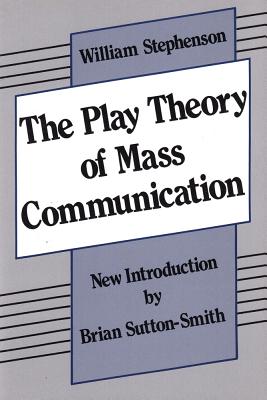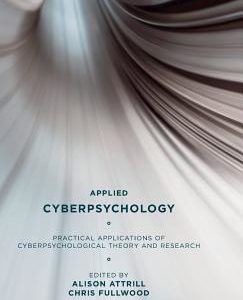Play Theory of Mass Communication
$44.06
Description
The literature on mass communication is now dominated by objective sociological approaches. What makes the work of Stephenson so unusual is his starting points: his frank willingness to adopt a subjective and psychological approach to the study of mass communication. In short, this is an internal analysis of how communication processes are absorbed by individuals. The theory of play is not a doctrine of frivolity, but rather a way in which Stephenson gets at such sensitive areas of communication theory as what is screened out and why.Without a notion of the play element in communication one would be led to imagine that every televised docudrama would be immediately lived out by every adolescent. Clearly, this is not the case. People can distinguish quite well between imaginary and real events in mass communication contexts. The Play Theory of Mass Communication is a work that studies subjective play, how communication serves the cause of self-enhancement and personal pleasure, and the role of entertainment as an end in itself.In short, for those who are tired of cliche-ridden volumes on the political hidden messages and meanings of communication, or the economic management of media decisions, this volume will come as a refreshment, a piece of entertainment as well as instruction. But with all the emphasis on aspects, Stephenson’s volume is shrewdly political. He takes up themes ranging from the reduction! of international tensions to the happily alienated worker to such pedestrian events as the reporting of foreign Soviet dignitaries in their visits to democratic cultures. This is, in short, an urbane, wise book – sophisticated in its methodology and critical in its theorizing.
Author: Stephenson, William
Topic: Language Arts / Linguistics / Literacy
Media: Book
ISBN: 887387055
Language: English
Pages: 225
Additional information
| Weight | 0.9 lbs |
|---|---|
| Dimensions | 8.9 × 6 × 0.6 in |















Reviews
There are no reviews yet.